HP ‘knew it overpaid for Autonomy’, allege court documents
Board voted Autonomy acquisition through regardless of analyst fears, shareholder filings suggest
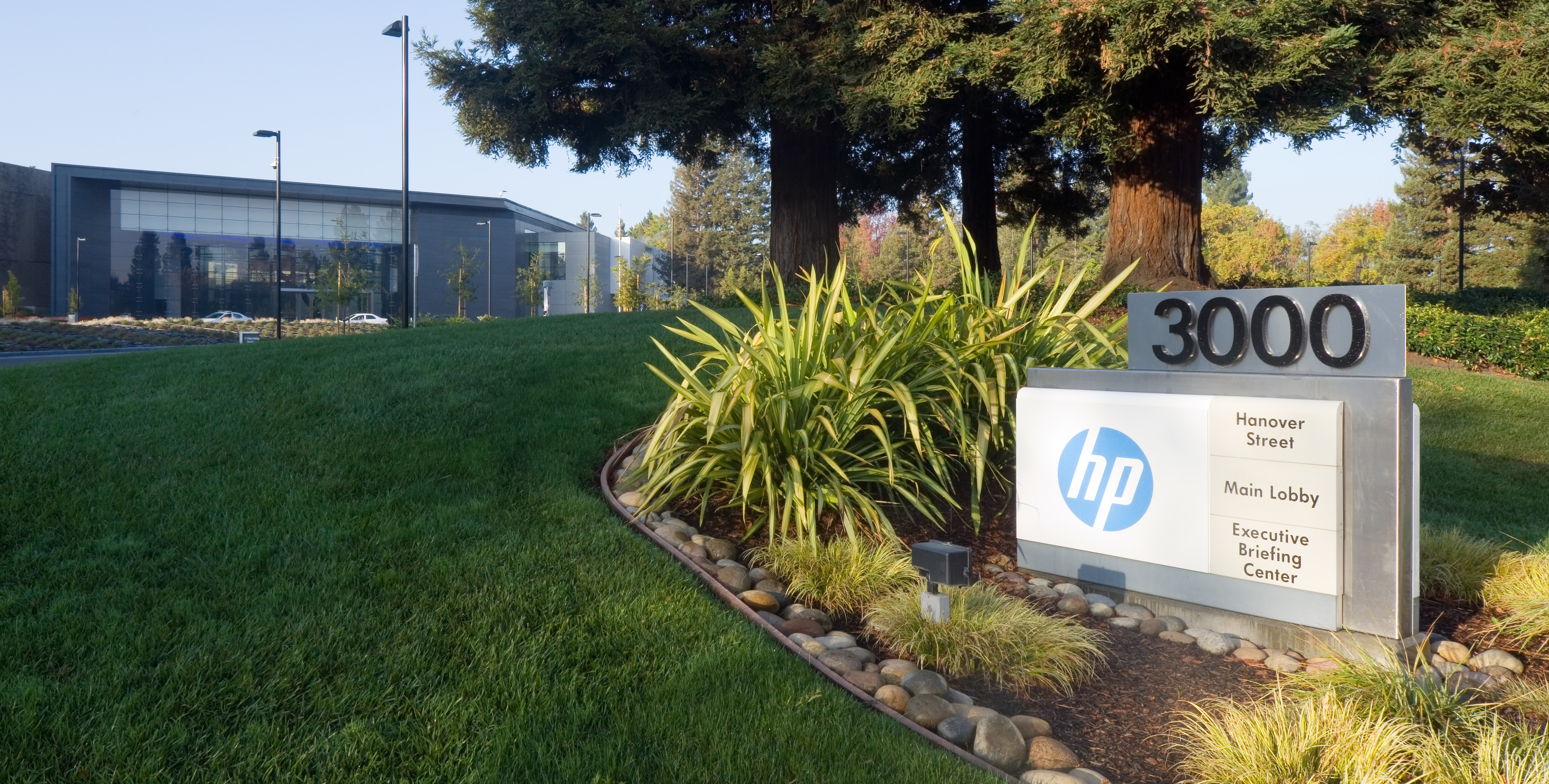
HP realised it had paid over-the-odds for Autonomy in 2011, sparking high-level arguments as some execs tried to back out of the acquisition, according to a new court filing.
Hewlett-Packard bought the British software maker for 7 billion in 2011, before writing down 5.6 billion sparking the ire of shareholders, who launched a class action lawsuit against the tech giant.
The lawsuit was settled by HP for $100 million in June this year, but fresh legal documents filed in a Californian district court at the end of August reveal HP harboured doubts over the acquisition before it went through.
Writing shortly before the purchase, HP's chairman, Raymond Lane, said: "I am still haunted by Autonomy. I don't think it is the panacea we think it is."
But in reply, then-CEO Leo Apotheker claimed the deal was irreversible which it likely would have been under English law adding: "Autonomy, as well as the additional organic steps we are undertaking, will allow HP to reshape itself as a company generating 8-9 per cent of its revenues from software, with a better growth and margin profile."
Shareholders also wrote angry emails demanding the deal be reneged on, with David Hoeft of Dodge and Cox writing: "Scuttle the Autonomy deal, repurpose the cash for repo [a repurchase agreement].
"Huge breakup fee would be a very small price to pay for extrication."
Sign up today and you will receive a free copy of our Future Focus 2025 report - the leading guidance on AI, cybersecurity and other IT challenges as per 700+ senior executives
The filings also claim that analysts warned against buying Autonomy, saying its technology had been surpassed by others', rendering it overvalued, but the board voted the acquisition through anyway.
The revelations come as HP sues Autonomy's then-CEO Mike Lynch, and ex-CFO Sushovan Hussain for 3.3 billion, claiming they cooked the books to inflate the takeover target's value.
Both deny the claim, and Lynch plans to counter-sue HP for at least 100 million.
The Serious Fraud Office dropped its investigation into the acquisition in January this year, citing a lack of evidence, after HP referred the deal to the body in 2013.
-
 Trump's AI executive order could leave US in a 'regulatory vacuum'
Trump's AI executive order could leave US in a 'regulatory vacuum'News Citing a "patchwork of 50 different regulatory regimes" and "ideological bias", President Trump wants rules to be set at a federal level
-
 TPUs: Google's home advantage
TPUs: Google's home advantageITPro Podcast How does TPU v7 stack up against Nvidia's latest chips – and can Google scale AI using only its own supply?
-
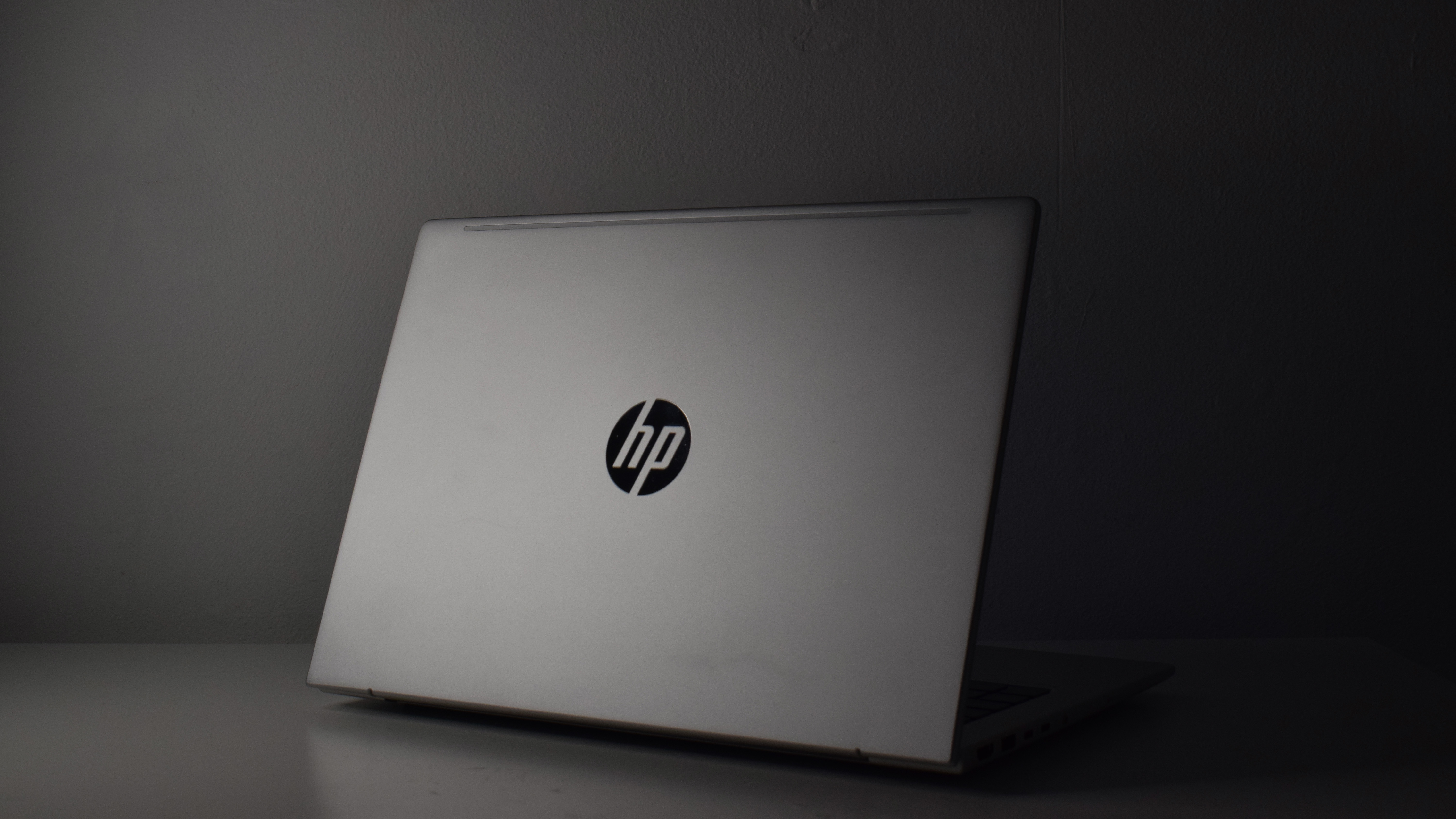 HP ProBook 4 G1a review: A no-frills business machine for the average office
HP ProBook 4 G1a review: A no-frills business machine for the average officeReviews A serious but dull business laptop, however, HP's ProBook 4 is a decent middle-tier machine
-
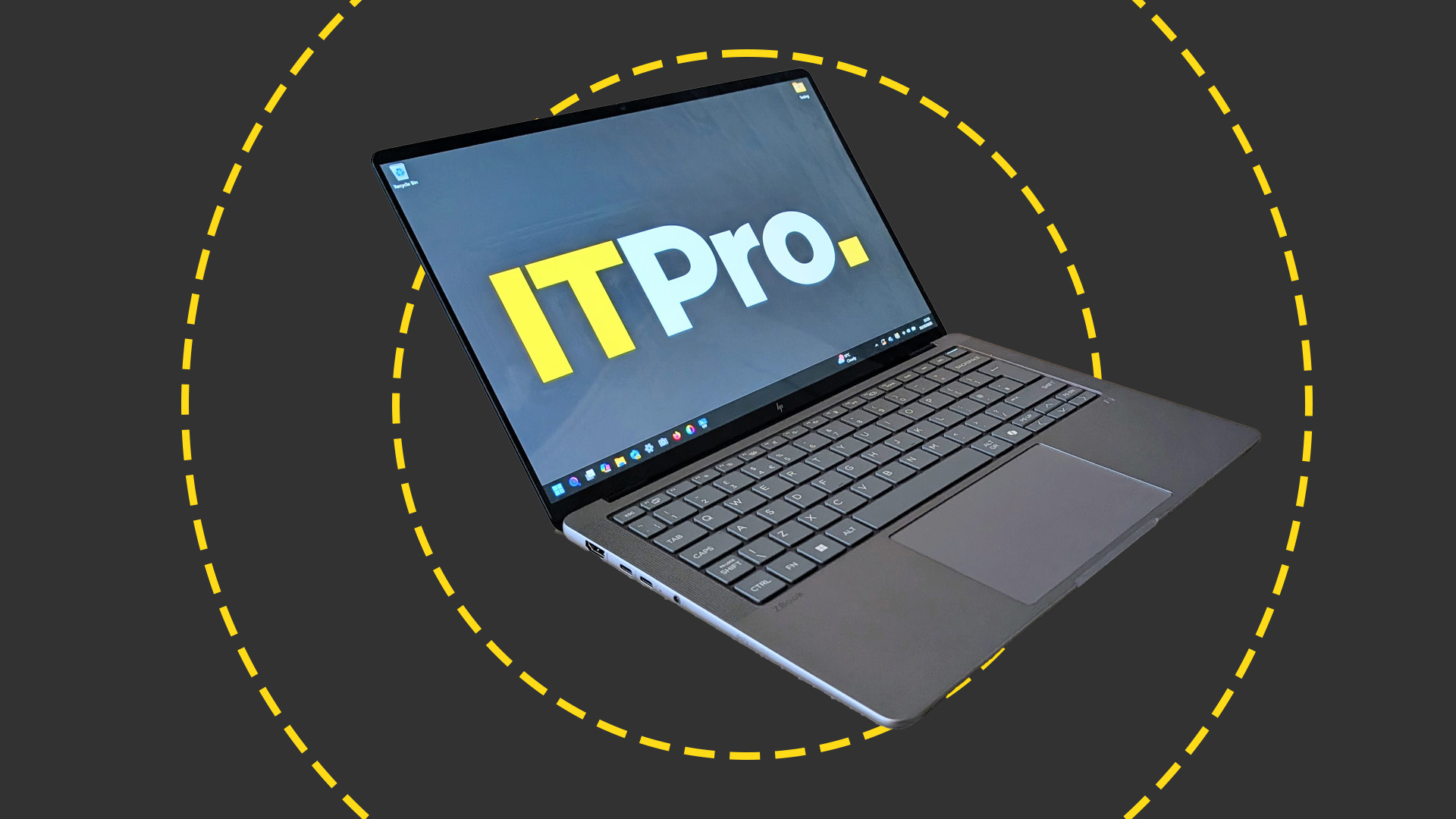 The HP ZBook Ultra G1a offers truly impressive levels of performance – a genuine game-changer
The HP ZBook Ultra G1a offers truly impressive levels of performance – a genuine game-changerReviews AMD's new Ryzen AI Max+ 395 redefines what we can expect from a laptop chipset with an integrated GPU and delivers outstanding performance
-
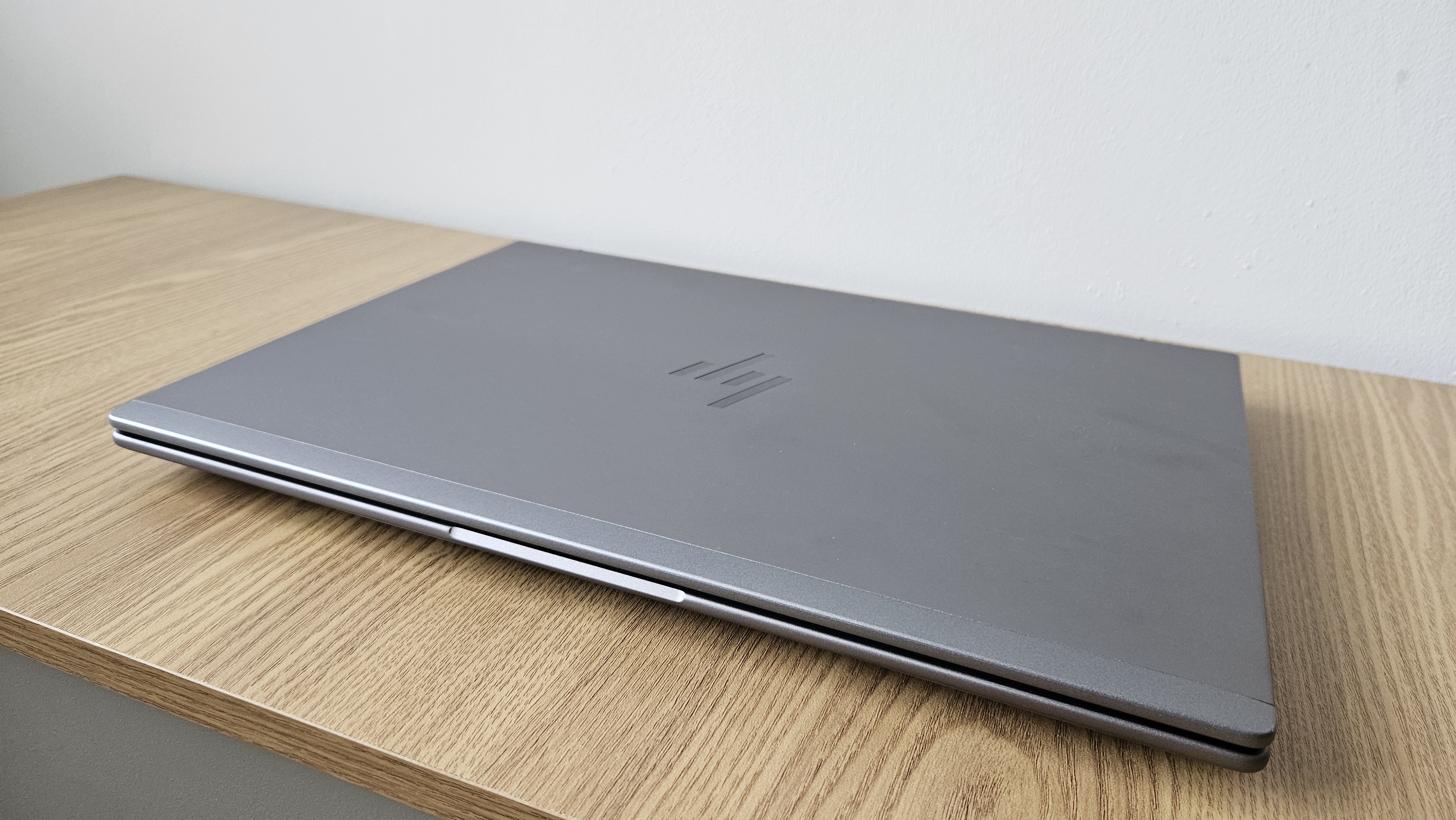 The HP ZBook X G1i is a full-throttle juggernaut – you couldn't ask for much more from a workstation
The HP ZBook X G1i is a full-throttle juggernaut – you couldn't ask for much more from a workstationReviews The HP ZBook X G1i offers almost everything you could want from a workstation, and it's delightful to use
-
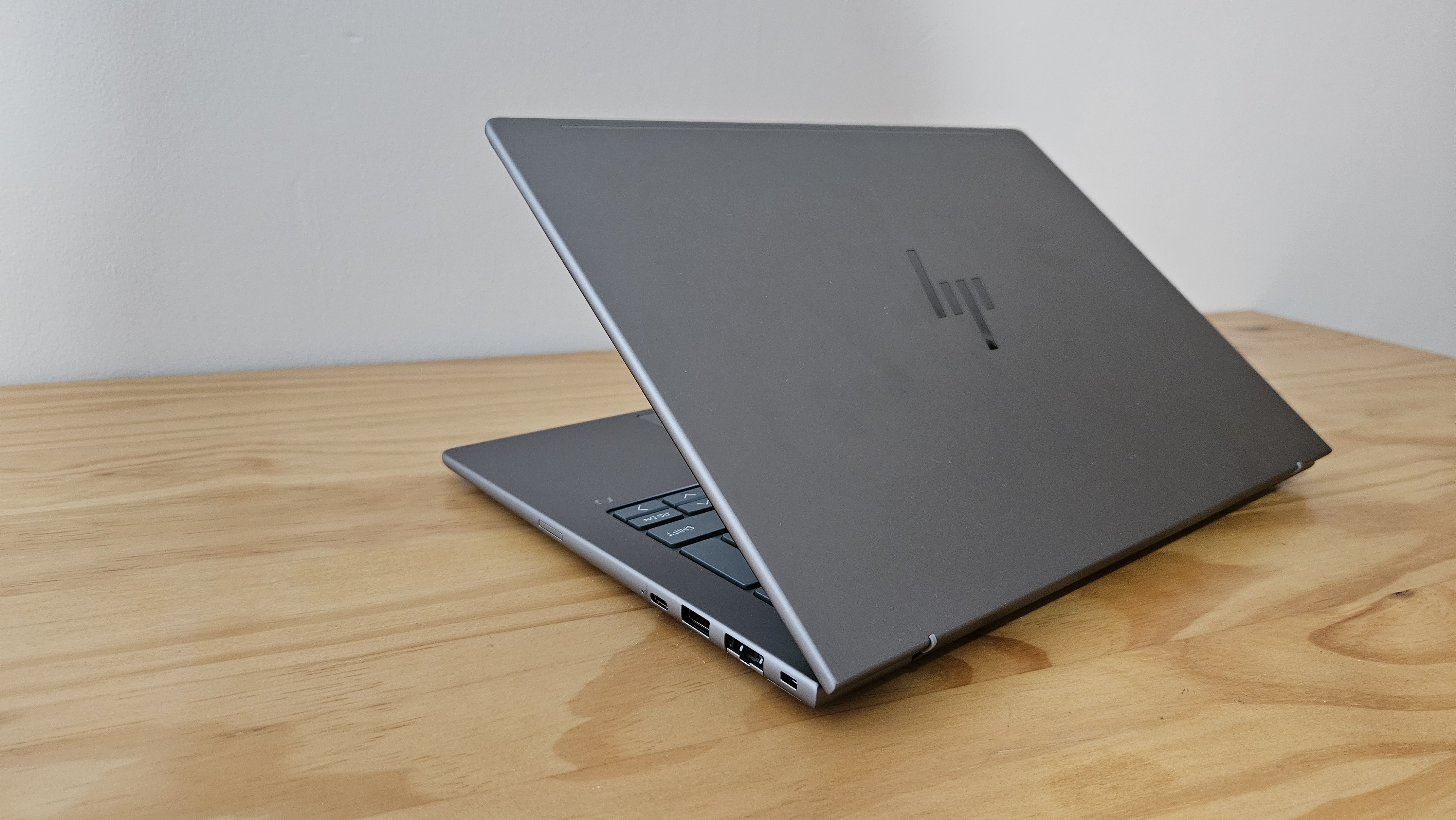 HP ZBook 8 G1ak 14 review: Plenty of promise but falls short
HP ZBook 8 G1ak 14 review: Plenty of promise but falls shortReviews This portable mobile workstation promises so much but fails to deliver in a few key quarters – meaning it's hard to justify its price tag
-
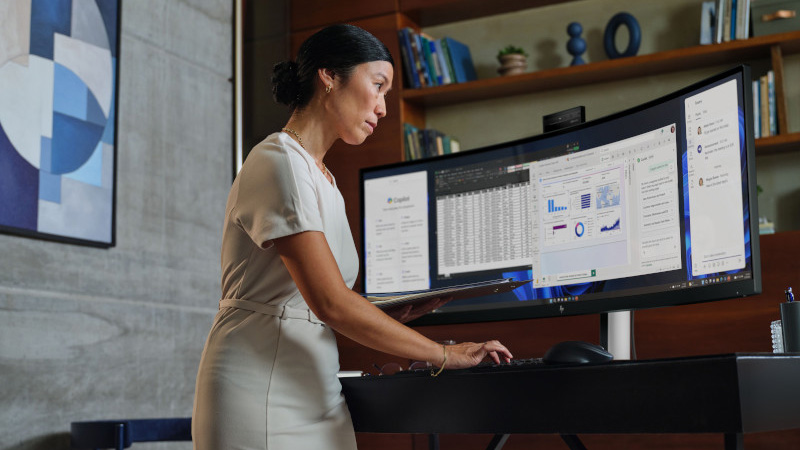 We're in the age of "mega-tasking," and here's what HP is doing about it
We're in the age of "mega-tasking," and here's what HP is doing about itnews The world's first ultrawide conferencing monitor and a Nvidia-powered workstation aim to tackle our growing work demands
-
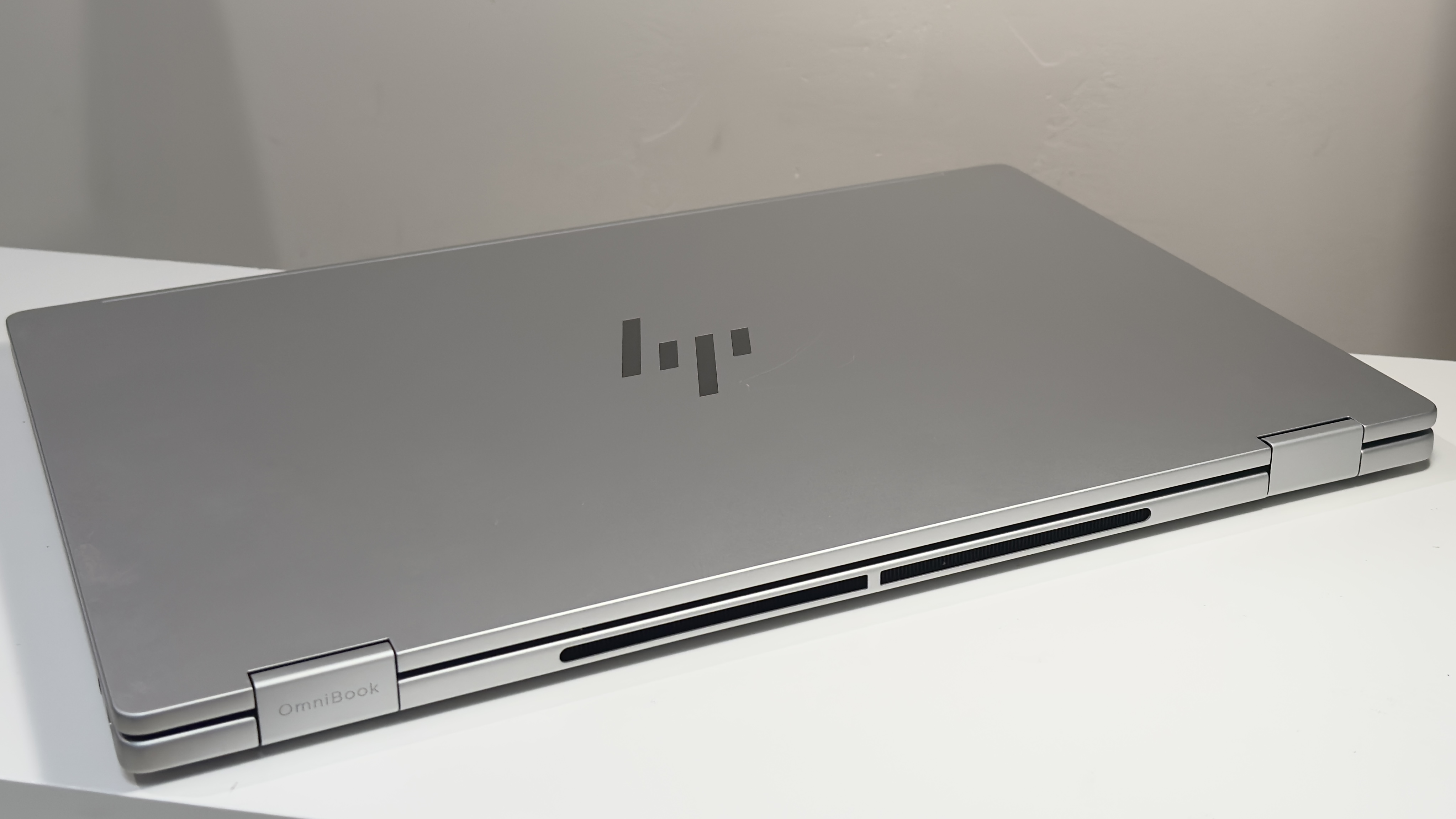 The HP OmniBook X Flip 16 is a brilliant, big, beautiful 2-in-1 laptop – but it's also an absolute bargain
The HP OmniBook X Flip 16 is a brilliant, big, beautiful 2-in-1 laptop – but it's also an absolute bargainReviews HP pairs a gorgeous OLED touchscreen with a smart 2-in-1 design – the result is a superb everyday laptop for sensible money
-
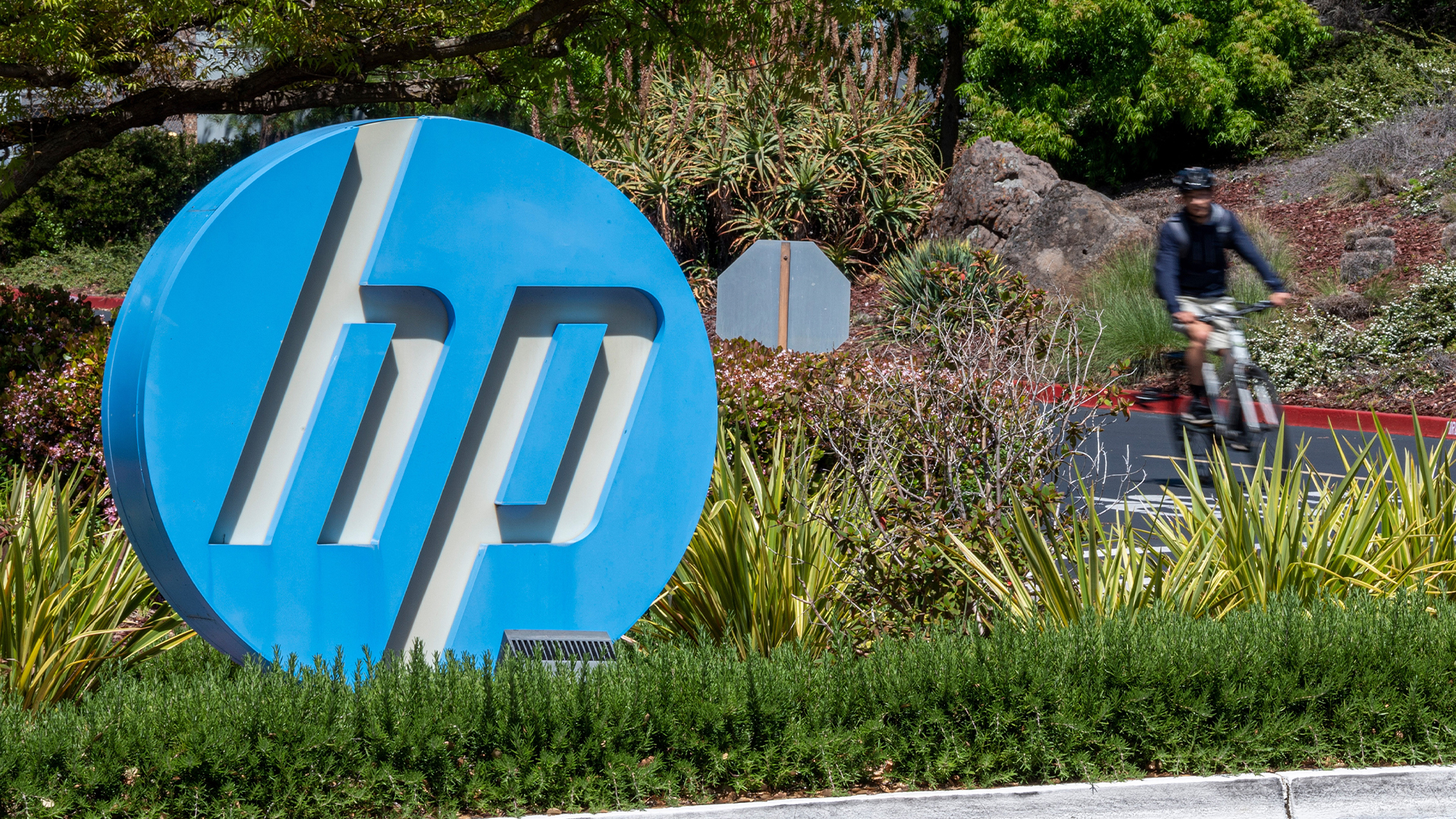 AI PCs are paying dividends for HP as firm reports sales surge
AI PCs are paying dividends for HP as firm reports sales surgeNews HP has pinned recent revenue increases on Windows 11 and AI PC sales
-
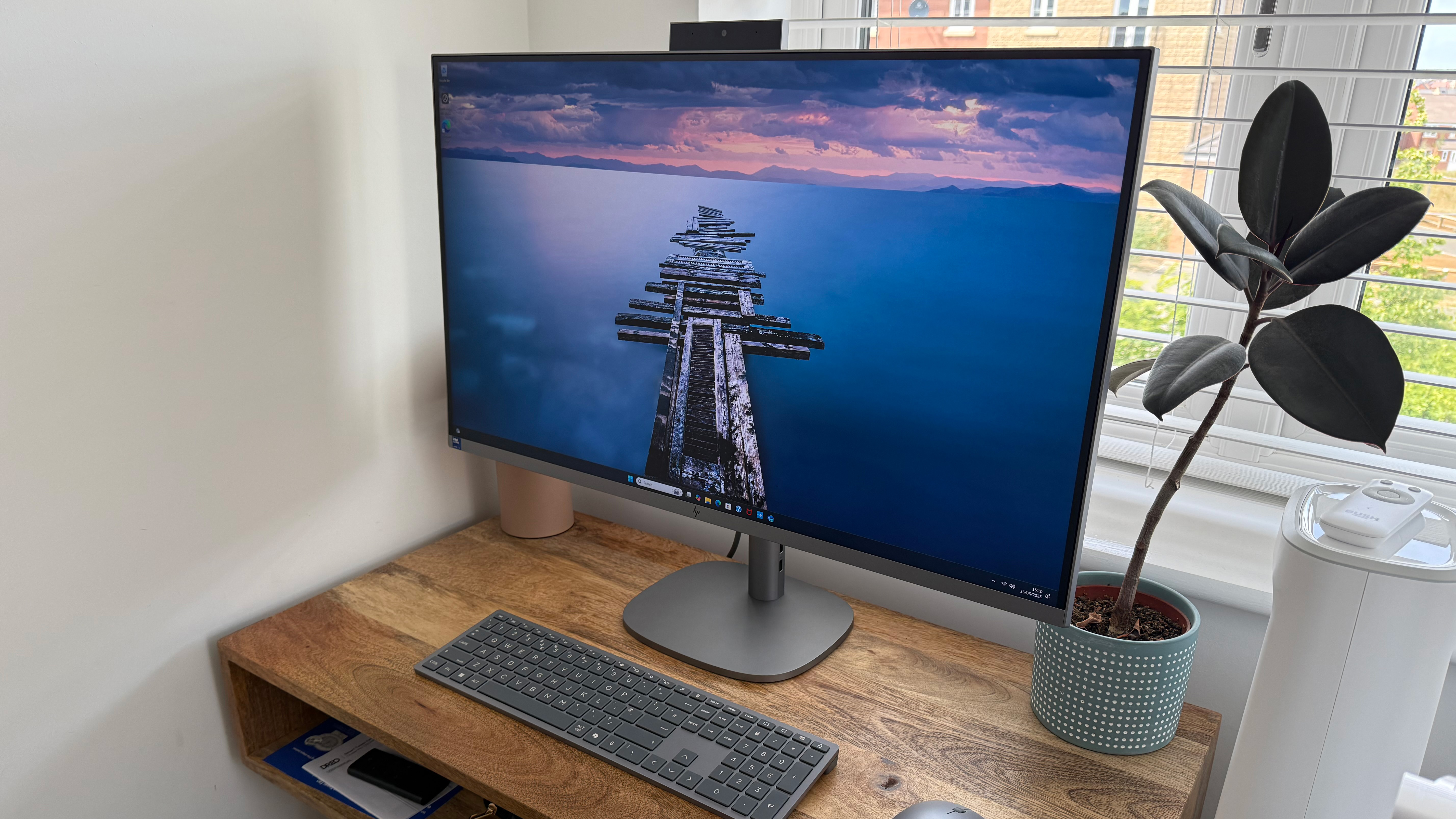 The HP OmniStudio X is a powerful, design-led all-in-one for creative work – but it could do with a stronger GPU
The HP OmniStudio X is a powerful, design-led all-in-one for creative work – but it could do with a stronger GPUReviews HP's answer to the iMac is a premium all-in-one that blends powerful performance with sleek design